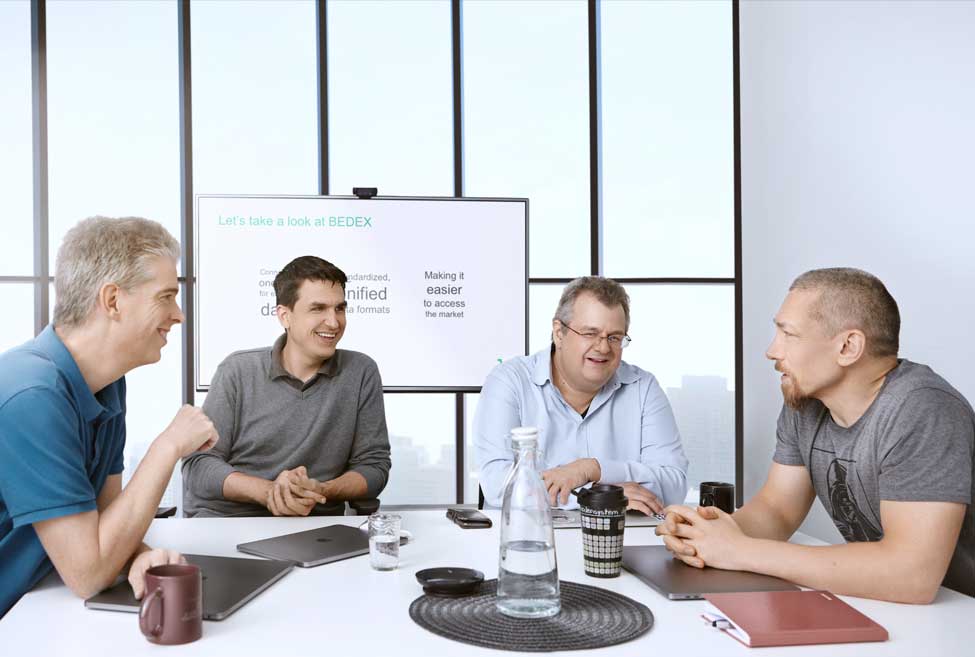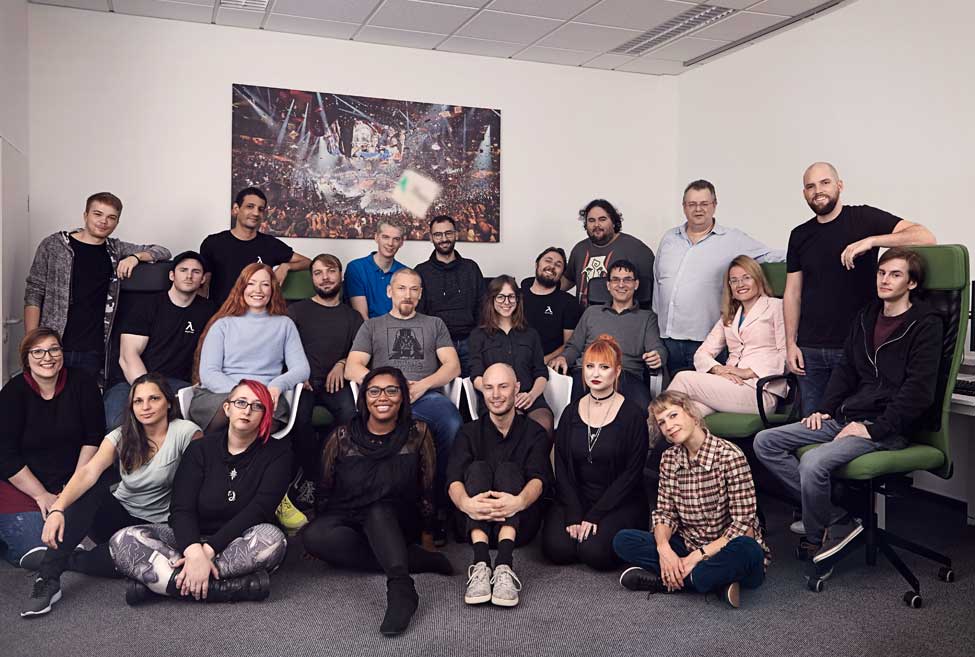Esports data is a rapidly growing sector and a lucrative career opportunity for those interested in computer science. To get hired in an esports data related position, however, candidates must know more than just how to write code.
German esports data company Bayes Esports was founded in 2019 and has since grown to become a leader in the industry—forging partnerships with ESL, Riot Games, WIN.gg, Beyond the Summit, and others.
For Sven Lund, Vice President of Esports Data Services at Bayes, candidates seeking work in this field must realise that a job in esports data entails a mix of creativity, science, and agility.
-
Pictured: Sven Lund, VP of Esports Data Solutions. Image source: Bayes Esports
RELATED: Exclusive interview: Bayes Esports becomes exclusive data partner of Beyond The Summit
Esports data jobs: skills required
The first step in Lund’s interview process, he said, is a programming knowledge test. Further along in the interview process, candidates will be given a coding challenge designed to mimic a project they might do on the job.
“People need to have a basic command of their subject and be able to hit the ground running,” said Lund. “They also must have an opinion — and be able to express it. But they must accept that not everything can be implemented. This flexibility is important. And they have to be able to deal with the fact that priorities change. I make that clear in every interview.”
Esports data job candidates need to understand that the world of IT has changed, especially when it comes to cloud computing.
“The question is no longer whether to go to the cloud or not,” he said. “Unless a precise, important reason precludes it, the server infrastructure — at least for start-ups — is always in the cloud. This knowledge is also evident in the expectations for new hires. It is not acceptable these days for a candidate for a senior position to have no cloud experience.”
Managers also need to realise that the tools in use are browser-based.
The problem with computer and data science
On his path to Bayes Esports, Lund left his career as a data scientist, citing that his duties didn’t mesh with those of a manager.
“In my view, data science and management can only be reconciled to a limited extent, especially when deadlines come together,” he explained. “I see this even with lead developers, some of whom have management responsibilities. They are torn between their responsibilities. You get the impression that you’re not doing anything right.”
Lund adds that he has ‘never’ found the study of computer science to be up to date. Between an excessive focus on mathematics and science, students fail to learn enough about product development.
“Very few computer scientists spend their professional lives as researchers — most of them develop software,” he said.
-
Pictured: Bayes Esports management L-R: Wolfgang Siebert, Mark Balch, Martin Dachselt, Sven Lund
Career Tips for IT Students
Based on these observations, Lund offers three important tips for IT students who want to work in esports data:
- Try to work in the IT industry, ideally as a developer. As I mentioned, there is not enough focus on product development in computer science curricula. Practical work can convey this well. I look specifically for this experience in applicants.
- Learn to present your content, or others will show you up. You should not be afraid to display your developments and work.
- Of course, you should find out what you like and what you don’t like. For example, I can spend hours optimising machine-learning models, but I almost fall asleep as soon as I look at a server log. So data science always appealed to me more than back-end development. Every career field has specific areas of activity that need to be done. If you find that you can’t do or don’t like these activities, you should orient yourself differently.
Regardless of your background, however, there is one prerequisite every Bayes Esports data job candidate must have — to be a gamer.
“I only hire gamers,” said Lund. “They can come from Google, but they have to be gamers. We have the luxury of being able to hire people who are passionate about our subject. There certainly are companies whose products have fewer fans. We all [at Bayes] play computer games in our free time, too. It’s clear that motivation is higher when people can engage in their leisure activities at work.”
-
Pictured: the Bayes Esports team
Working at Bayes Esports
At Bayes Esports, Lund and his team integrate and distribute data streams based on each clients’ specific needs. For example, some clients may only want data on Katowice, while others seek information on every League of Legends entity.
“We also make data quality visible,” he added. “The value of data is an important issue in our industry, and it increases with the velocity of that data. Accordingly, we can delay data to achieve product differentiation. In addition, we are enablers for other departments, such as sales, because we build tools or web interfaces to help non-developers use a system. My role is basically to explain, listen, and coordinate processes.”
Reflecting on his duties as Vice President of Esports Data, Lund stressed that ‘development is agility at the highest degree.’
“I have to set a direction, but it’s up to the people on the team to shape it — and to have the courage to tell me if they don’t think much of my idea,” he said. “When we hire new people for the team, everyone has a veto. This process isn’t always very efficient, but it gives us a great team feeling. Because of my political socialisation, issues like racism and sexism are not just side issues for me — they are essential in a start-up with a solid international team.”
Lund says that Bayes’ CEO, Martin Dachselt, calls him a ‘caretaker’ because he listens and gives people ‘the leeway to feel good about their work.’ He also brings employee concerns to management meetings.
RELATED: Bayes Esports: The legal shifts in 2021 tournaments’ terms and conditions
Esports data: the future is bright
In the next five years, Bayes Esports plans to be the ‘one-stop shop’ for live esports data.
“People can’t get around us,” said Lund. “We can provide our customers with all the esports data that is available in the market. For our partners who provide us with their data for distribution, we will provide data-driven tools that enable an even better community experience.”
If you are looking to find a career in esports data, there’s never been a better time than now.
ESI Podcasts | Digest, Focus, Insight
This piece is supported by Bayes Esports




